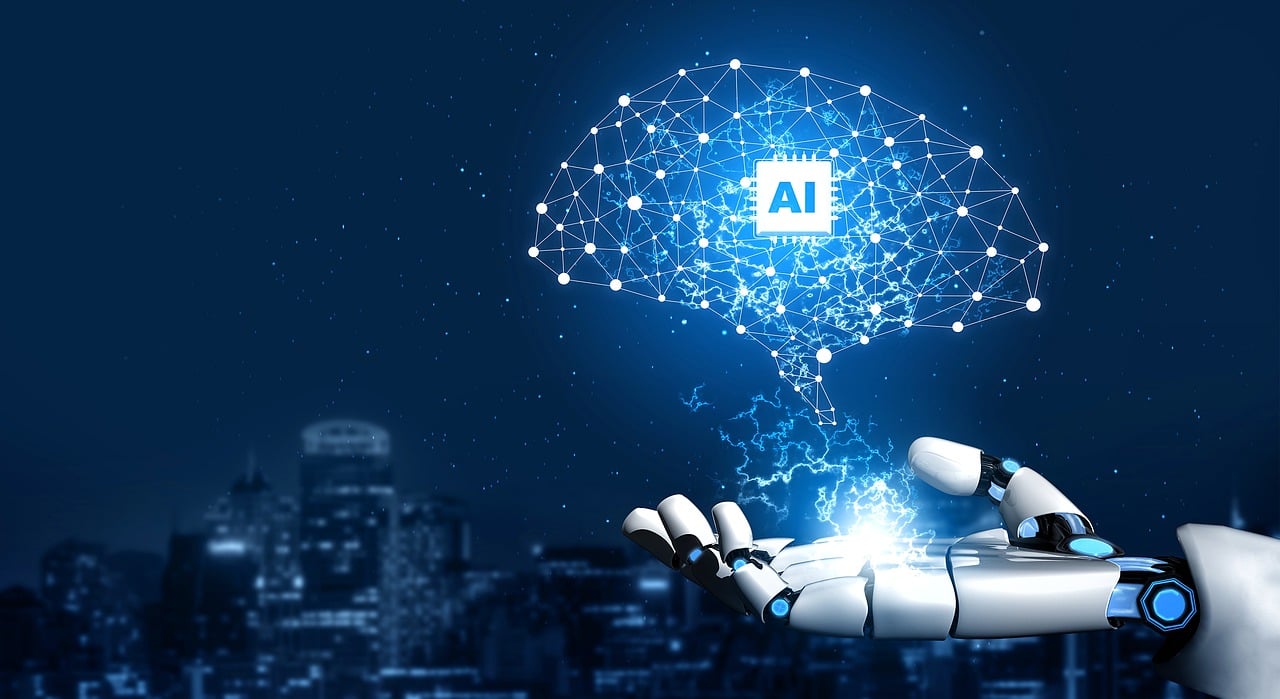by István Kopácsi
The International Bar Association (IBA) has published its report, „The Future is Now: Artificial Intelligence and the Legal Profession”,[1] which explores the profound impacts of artificial intelligence (AI) on the legal profession, examining its influence on law firms, regulation, and ethical responsibilities.
Law firms that successfully integrate AI into their operations may be able to offer legal services at reduced costs with increased efficiency. Conversely, firms that fail to adopt AI technology risk losing competitiveness, clients, and facing challenges in recruiting and retaining skilled professionals.[2] Therefore, the IBA suggests creating initiatives and support systems tailored to smaller law firms to help them incorporate AI technology. AI is significantly reshaping the operations and structure of law firms, particularly through its widespread use in internal functions such as administration, business development, and organizational management.[3] Larger firms are also utilizing AI for client-facing tasks like legal research and document drafting, while smaller firms lag in adoption due to resource constraints. This shift is driving changes in law firm business models, placing a greater emphasis on hiring attorneys with AI competence. As AI techniques are deployed for certain legal functions, it may also be necessary to review billing practices.[4]
The document underscores that law firms must stay informed about current and prospective regulations that affect both them and their clients.[5] In addition, lawyers are responsible for ensuring that new AI regulations align with existing laws and ethical obligations. Key challenges in regulating AI, such as balancing innovation with ethical use and ensuring regulatory convergence, are also addressed, stressing the need for global harmonization to avoid fragmented rules that could hinder both legal practice and technological advancement.[6]
AI usage also raises concerns about professional standards, especially in maintaining the duty of confidentiality.[7] The use of proprietary client information in generative AI prompts, for example, could compromise client confidentiality. Submissions to courts mean that the lawyer is responsible for the content of the document generated by AI, and lawyers can generally be held accountable for content generated by others (whether human or machine) that is relied on by clients, adversaries, and third parties. In response, several courts in the United States have issued orders requiring attestation of human review.[8] The UK Guidance for Judicial Office Holders (12 December 2023)[9] also emphasizes the necessity for individual lawyers to confirm that they have independently verified the accuracy of any research or case citations generated with the assistance of an AI chatbot.
The IBA recommends establishing comprehensive guidelines and best practices for AI governance, emphasizing data governance, security, intellectual property (IP), and privacy.[10] These guidelines should encompass the proper supervision and use of AI tools, setting standards for AI-generated work to meet professional ethical guidelines, and including disclosure obligations regarding AI use. In contrast, the aforementioned UK Guidance states that, as long as AI is used responsibly, there is no requirement for legal representatives to refer to its use, although this depends on the context. According to the UK Guidance, judges are generally not required to describe the research or preparatory work done in producing a judgment.[11]
[1] https://www.ibanet.org/document?id=The-future-is%20now-AI-and-the-legal-profession-report
[2] IBA report, 29.
[3] Ibid., 12.
[4] Ibid., 24.
[5] Ibid., 18.
[6] Ibid., 30.
[7] Ibid., 23.
[8] Mata v Avianca, Inc [2023] SDNY 22-cv-1461 (2023) WL 4114965; Siddartha Rao and Andrew Ramstad, ‘Legal Fictions and ChatGPT Hallucinations: “Mata v. Avianca” and Generative AI in the Courts’ (Law.com, 21 December 2023) www.law.com/newyorklawjournal/2023/12/21/legal-fictions-and-chatgpt-hallucinations-mata-v-avianca-and-generative-ai-in-the-courts
[9] https://www.judiciary.uk/guidance-and-resources/artificial-intelligence-ai-judicial-guidance/
[10] IBA report, 30.
[11] UK Guidance 5.

